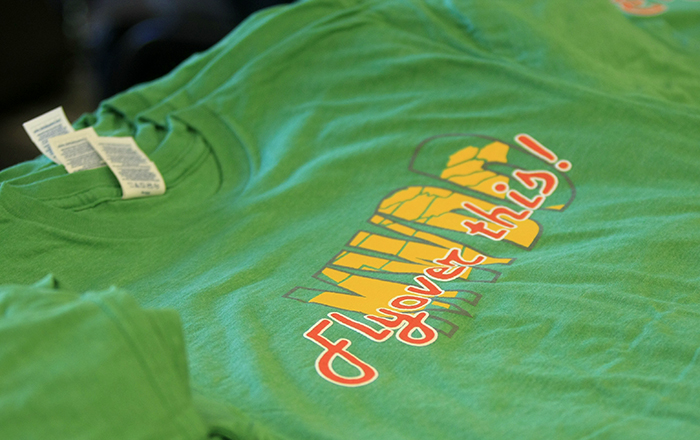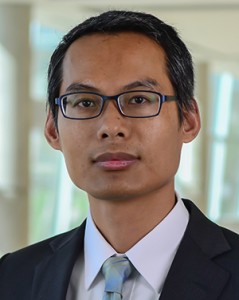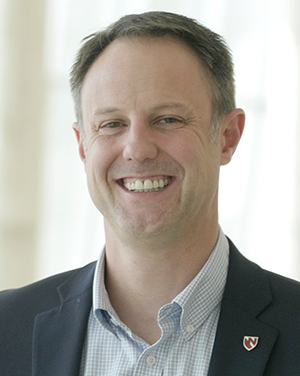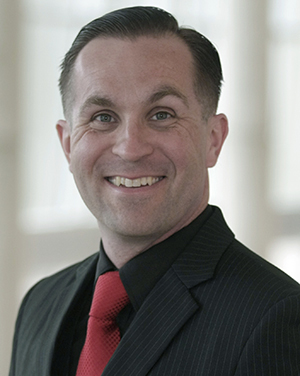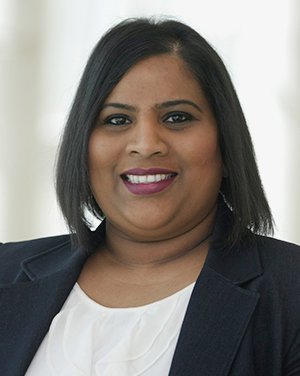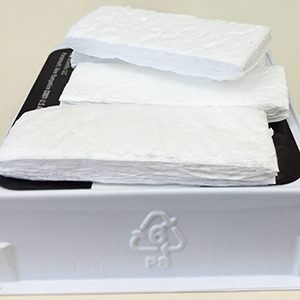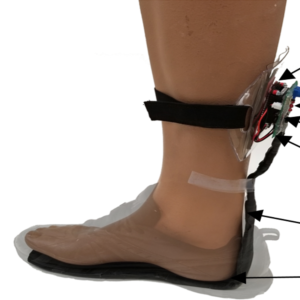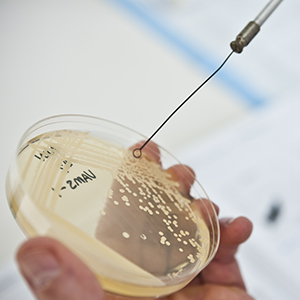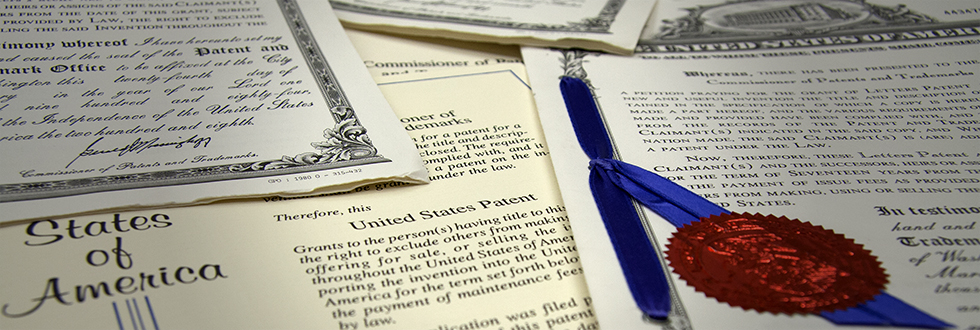
OMAHA & LINCOLN, Nebraska (June 22, 2021)—For the fourth consecutive year, the University of Nebraska system is ranked among the world’s top 100 institutions for securing U.S. patents.
A newly released report from the National Academy of Inventors and Intellectual Property Owners Association lists the NU system at No. 77. The ranking reflects the 38 patents that the U.S. Patent and Trademark Office granted in 2020 to the University’s technology transfer offices: UNeMed and her sister office NUtech Ventures in Lincoln. UNeMed is the technology transfer office for UNMC and UNO
“It’s incredibly gratifying to see Nebraska stand alongside world leaders of innovation and discovery,” said UNeMed president and CEO, Michael Dixon, PhD “But I’m even more excited about the fact that 75% of the US patents in our portfolio that issued last year have been licensed to companies for continued development and commercialization. That’s huge, and that’s the ultimate goal: Giving every innovation an opportunity to become a product that helps people.”
Patents allow UNeMed and NUtech Ventures to work with faculty, staff and students to bring research and innovations in areas like biotechnology, agriculture, healthcare, engineering and others to the marketplace. The results are new startup companies, jobs and university-licensed products that grow the economy and improve quality of life.
“The University of Nebraska Medical Center continues to grow basic science, translational and front line clinical research and discovery,” said Jeffrey P. Gold, M.D., chancellor at UNMC and UNO. “These dedicated faculty, staff and students continually develop new prevention strategies, diagnostics and treatments that improve the human condition and at the same time contribute to significant economic development. These activities are core to our mission of strengthening the economy and true excellence of our academic medical center.”
Patents from the University of Nebraska Medical Center include a surgical device that could dramatically improve the success rate for patients suffering from kidney disease and failure. For such patients, mere survival requires regular dialysis treatments, the success of which often rests on the outcome of a surgical procedure to create an AV or arteriovenous fistula.
A surgeon creates an AV fistula by connecting a vein, usually in the arm, with a nearby artery. The increased blood flow from the artery forces the vein to enlarge into a suitable portal for dialysis machine. However, AV fistulas are notoriously fickle, and fail to mature about half the time. UNMC’s patented device, invented by surgeon Marius Florescu, MD, is an implant that promotes more reliable and effective fistula maturation.
Last year, the University of Nebraska was ranked No. 65 for the number of patents secured in 2019. Nebraska ranked No. 79 in 2018 and No. 70 in 2017.


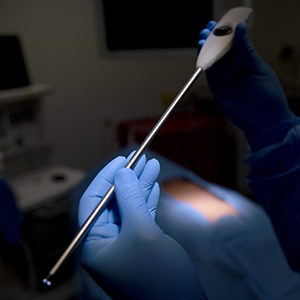
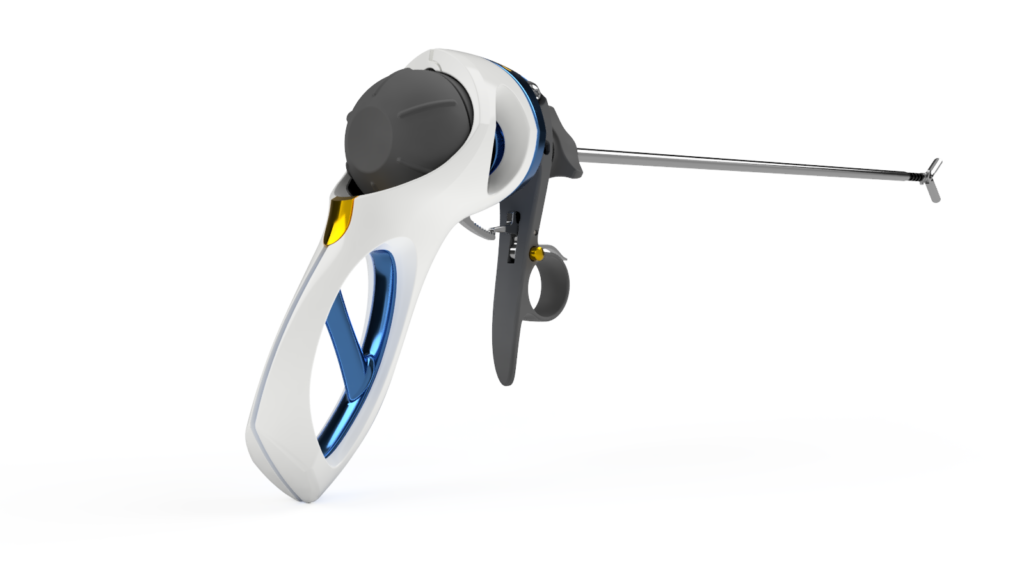
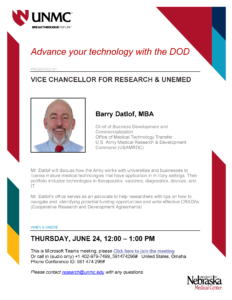

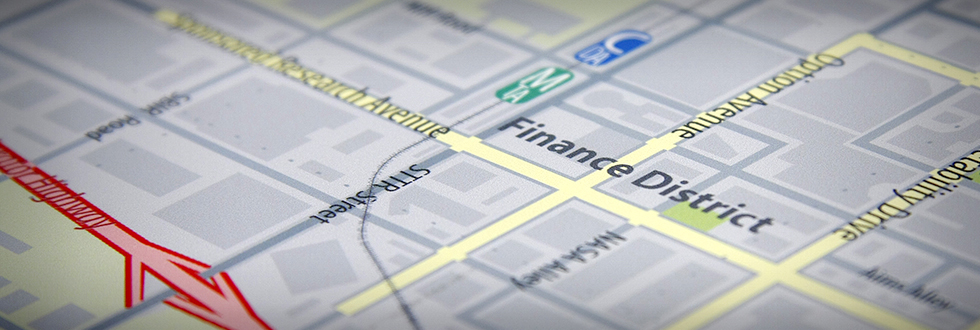
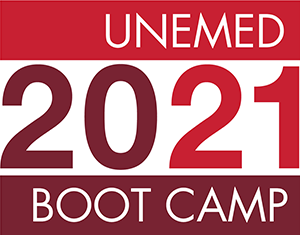
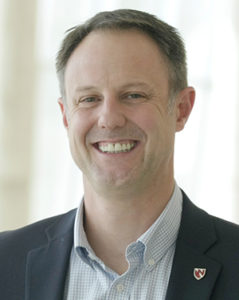
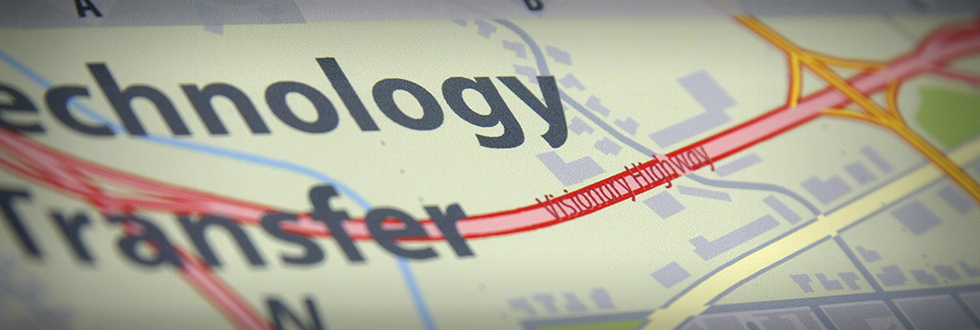
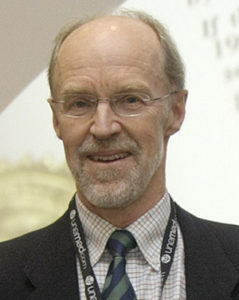
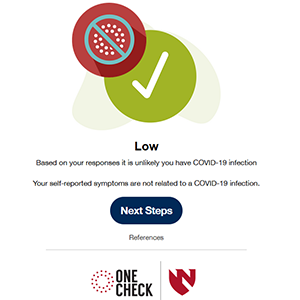 OMAHA, Nebraska (March 8, 2021)—Amid a burgeoning pandemic more than a year ago, Apple, Inc. partnered with the University of Nebraska on a critical challenge.
OMAHA, Nebraska (March 8, 2021)—Amid a burgeoning pandemic more than a year ago, Apple, Inc. partnered with the University of Nebraska on a critical challenge.